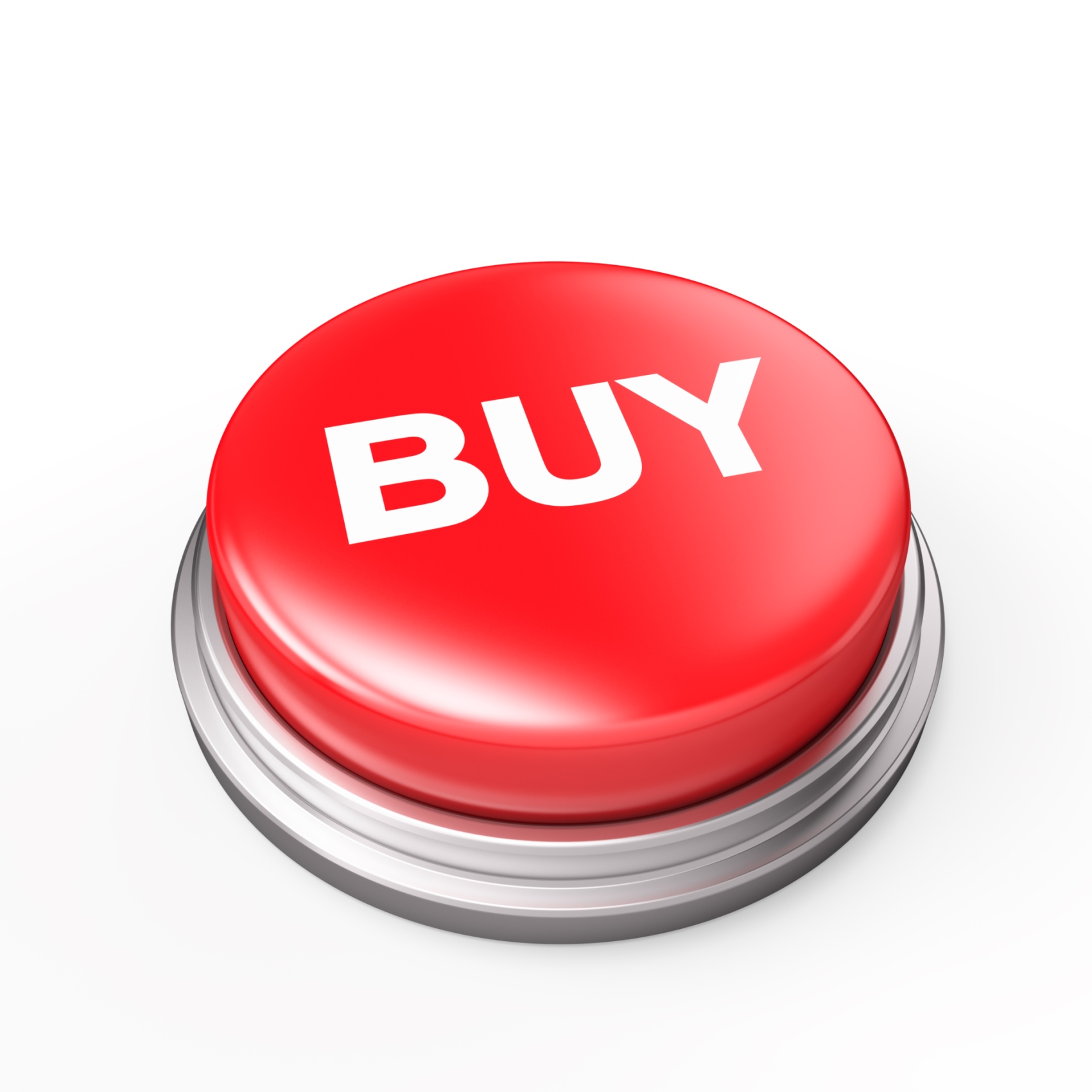
Investors have two traditional methods of getting capital returned to them by the companies they invest in. One is dividends, which can account for more than half of all total returns through time, and the second method is stock buybacks. Warren Buffett’s Berkshire Hathaway Inc. (NYSE: BRK-A) does not pay a dividend, but Buffett has outlined the manner in which he will repurchase his own company’s stock on the open market.
One thing that the last round of Buffett stocks for 2016 showed is that he loves stock buybacks. In fact, his top four equity investments have been buying back stock.
24/7 Wall St. wanted to focus on the top Buffett stocks, and all are involved in big buybacks as you might have guessed. We recently featured 18 companies that would lead all buyback activity in 2016, and at least two of these will be among those top 18 buybacks.
American Express Co. (NYSE: AXP) may be losing value at this time, but Buffett’s stake has remained the same 151.6 million shares for years now. Buffett has owned Amex shares for so long that he probably worries about the capital gains tax he would pay more than he worries about how much the shares have fallen from their highs. Still, American Express has suffered handily so far in 2016. Buybacks at the company in the past year increased Buffett’s stake to 15.6% from 14.8%.
Coca-Cola Co. (NYSE: KO) was the same 400 million share stake that it has been for many years. This stake dates back to when Buffett started buying Coca-Cola in the 1980s, and his cost basis must be nearing zero, if you include the dividends. Coca-Cola’s stock buybacks increased Berkshire Hathaway’s stake from 9.2% to 9.3% in 2015. And the company will keep buying back stock.
International Business Machines Corp. (NYSE: IBM) was maintained as the same sized stake in the fourth quarter, but Buffett added to this stake in 2015. Berkshire’s 81.03 million shares as of December 31 are now 8.4% of the entire company, and IBM will continue buying back stock in 2016 whether or not it should, growing Buffett’s total percentage of the company even if he doesn’t want to keep throwing money into a bad investment. This stake was about 79.5 million shares as of the end of last June, and the end of 2014 position was 76.971 million IBM shares.
Wells Fargo & Co. (NYSE: WFC) is the one bank that trades at a big premium to book value, but it is also the most free of all the giant money-center banks that can use its capital as it sees fit. The Berkshire stake of about 479.7 million shares at the end of 2015 was higher than the 470.29 million shares at the end of September. Buffett has grown his stake through time, but at a slower rate in the past year or more. Growing ever closer to being a 10% holder (9.8% at the end of 2015 versus 9.4% at the end of 2014), Buffett may be at the point where it is harder to grow that stake without more regulatory and more governance issues.
Here is what Buffett said of stock buybacks and stake increases in his annual letter to shareholders in February:
Berkshire increased its ownership interest last year in each of its “Big Four” investments – American Express, Coca-Cola, IBM and Wells Fargo. We purchased additional shares of IBM (increasing our ownership to 8.4% versus 7.8% at yearend 2014) and Wells Fargo (going to 9.8% from 9.4%). At the other two companies, Coca-Cola and American Express, stock repurchases raised our percentage ownership. Our equity in Coca-Cola grew from 9.2% to 9.3%, and our interest in American Express increased from 14.8% to 15.6%. In case you think these seemingly small changes aren’t important, consider this math: For the four companies in aggregate, each increase of one percentage point in our ownership raises Berkshire’s portion of their annual earnings by about $500 million.
Berkshire Hathaway’s gain in net worth during 2015 was $15.4 billion, and that gain boosted the per-share book value of both the Class A and Class B stock by 6.4%. The A-shares book value was $155,501 at the end of 2015, versus a year-end share price of $197,800. This puts the shares at a value of 127% of its own book value. Buffett outlined the manner in which he would spend the company’s money to repurchase its own stock:
Over time, this asymmetrical accounting treatment (with which we agree) necessarily widens the gap between intrinsic value and book value. Today, the large – and growing – unrecorded gains at our “winners” make it clear that Berkshire’s intrinsic value far exceeds its book value. That’s why we would be delighted to repurchase our shares should they sell as low as 120% of book value. At that level, purchases would instantly and meaningfully increase per-share intrinsic value for Berkshire’s continuing shareholders.
The unrecorded increase in the value of our owned businesses explains why Berkshire’s aggregate marketvalue gain – tabulated on the facing page – materially exceeds our book-value gain. The two indicators vary erratically over short periods. Last year, for example, book-value performance was superior. Over time, however, market-value gains should continue their historical tendency to exceed gains in book value.
As far as why stock buybacks matter, it is not just one issue. Buybacks can prop up a stock, as sometimes companies are the largest single buyers of their stock on weakness. Buybacks shrink the total float of outstanding shares, and this acts to increase the earnings per share. Buybacks can prevent dilution from past acquisitions and from stock options. And lastly, the role of buybacks decreasing the free float of shares also acts to give existing shareholders an increasingly larger stake (and vote) in the company as a whole.
It’s Your Money, Your Future—Own It (sponsor)
Retirement can be daunting, but it doesn’t need to be.
Imagine having an expert in your corner to help you with your financial goals. Someone to help you determine if you’re ahead, behind, or right on track. With SmartAsset, that’s not just a dream—it’s reality. This free tool connects you with pre-screened financial advisors who work in your best interests. It’s quick, it’s easy, so take the leap today and start planning smarter!
Don’t waste another minute; get started right here and help your retirement dreams become a retirement reality.
Thank you for reading! Have some feedback for us?
Contact the 24/7 Wall St. editorial team.

 24/7 Wall St.
24/7 Wall St.



